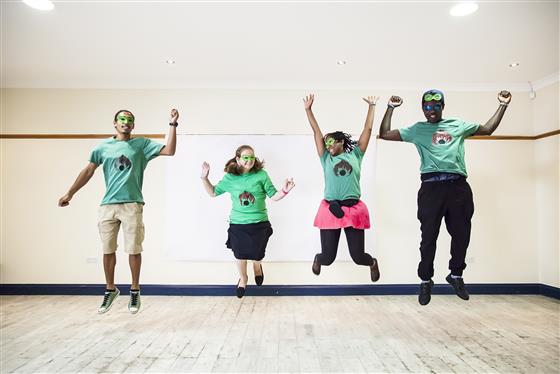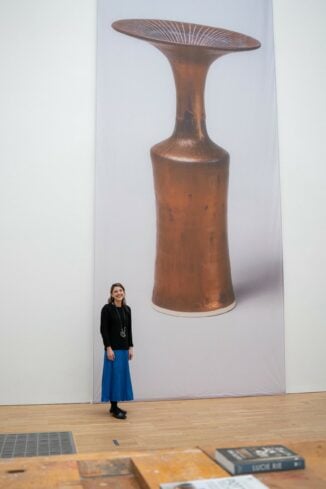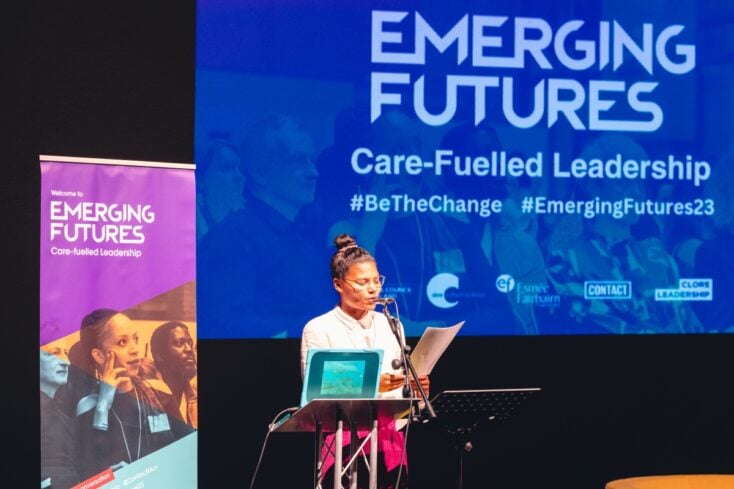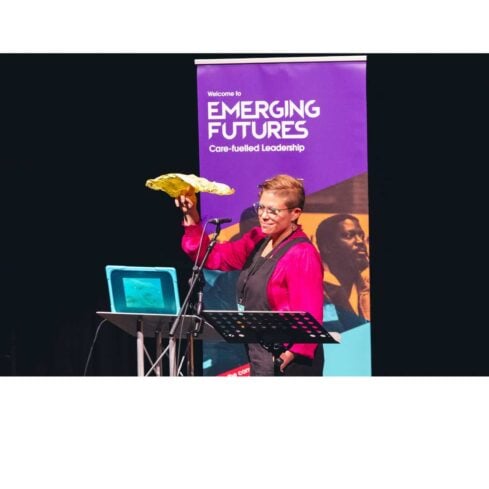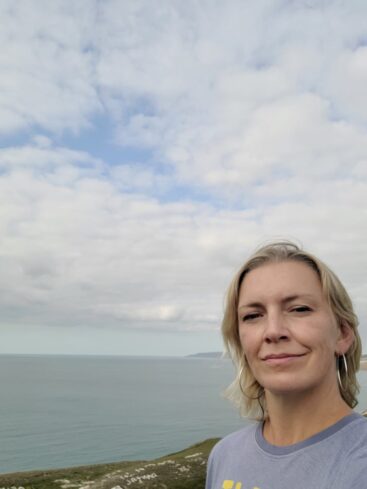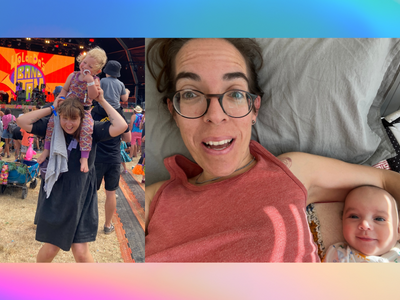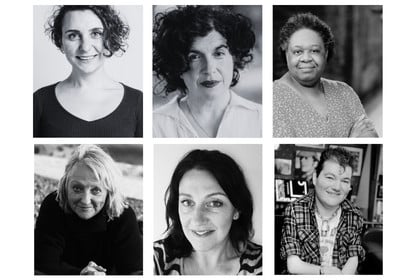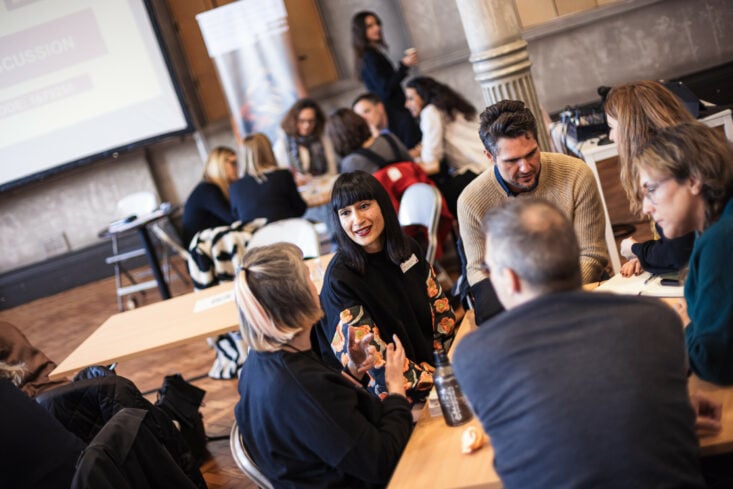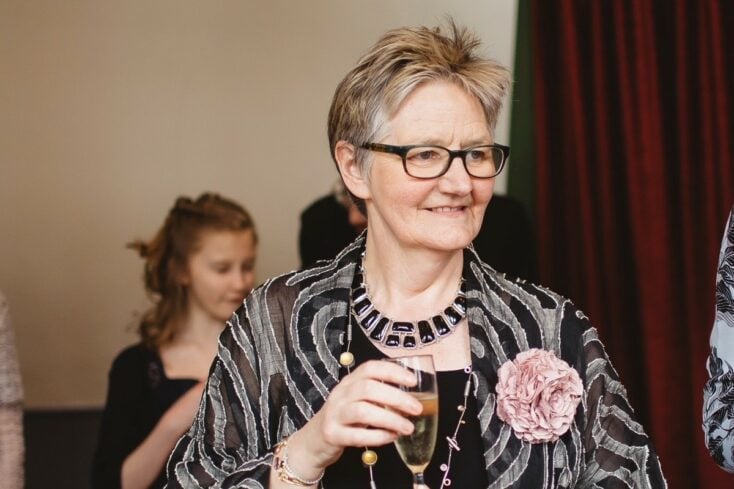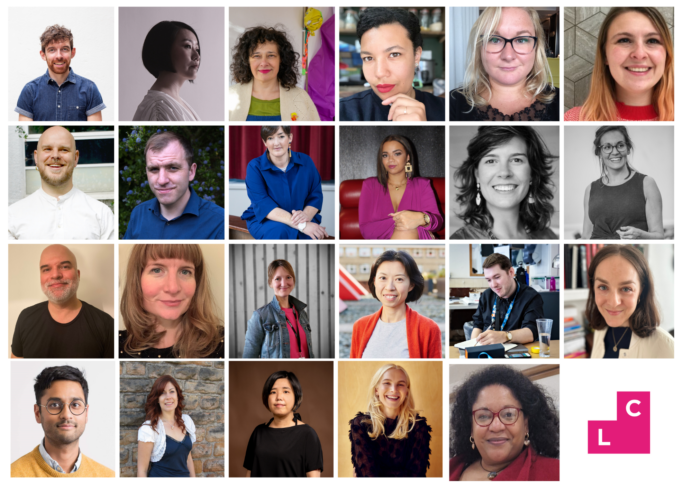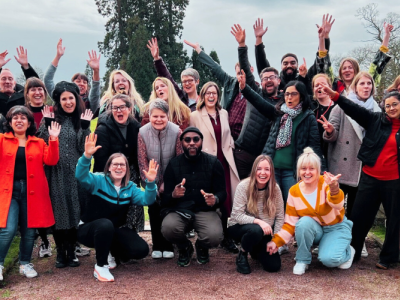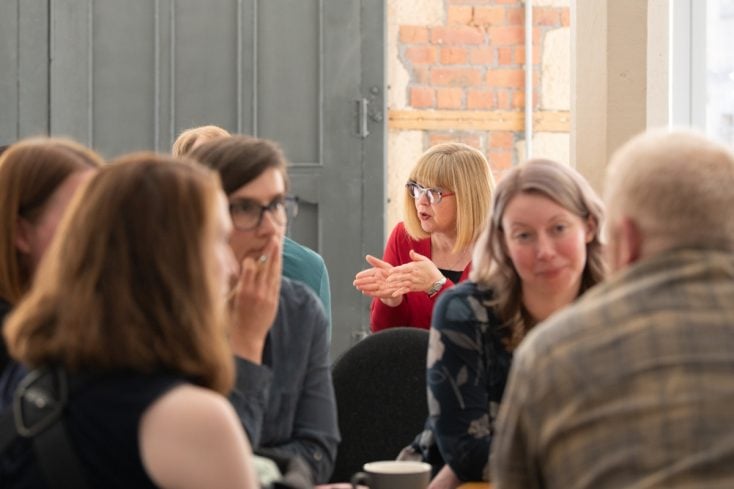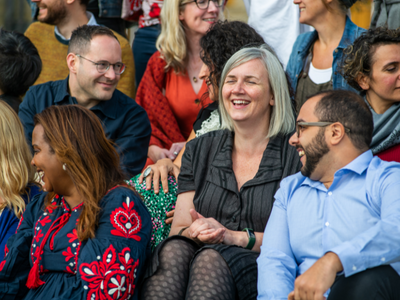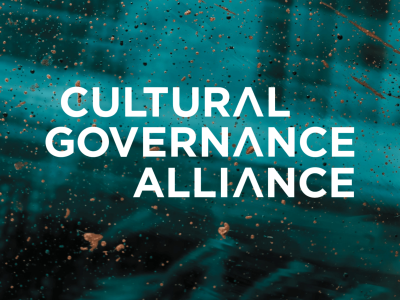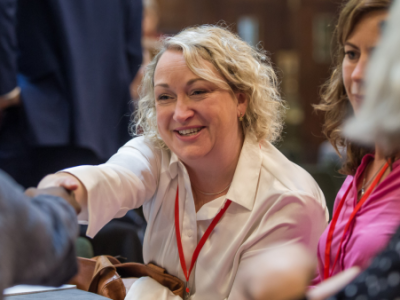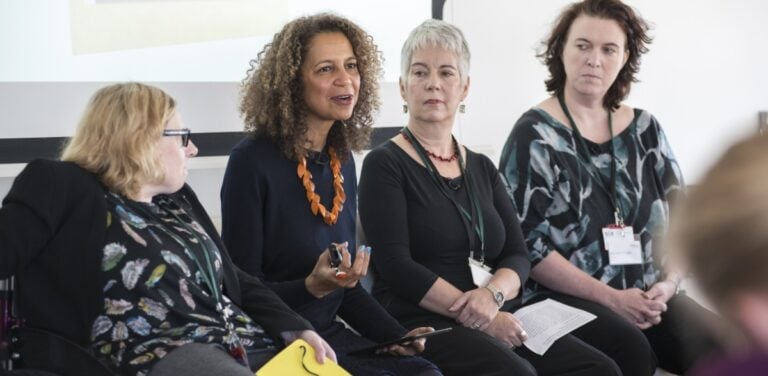Top Ten Tips from the Clore Fellows’ Residential Retreat
Our 300th Fellow Suzanne Gorman shares the top ten things she learnt on the first Clore residential course at Bore Place.

Suzanne Gorman is Artistic Director of Maya Productions, a company making diverse theatre to create change.
A couple of weeks after the Clore Residential – back in the Old Smoke and I am still trying to absorb much of the learning from our wonderful Kent retreat. For me the two weeks were truly inspiring, with an amazing array of leadership insights, practical knowledge, self development and of course the vital Clore 12 group bonding. And the great thing is that this is just the start of the journey!
These are just a few of the things that I learnt from the guest speakers, our Clore leaders and from the people around me.
1) Values, Values, Values
Values seem to be at the heart of cultural leadership. What are your core values? What gets you up in the morning? What drives you to work and to play? What’s important? Where are your passions? What makes you care and what makes you angry?
We all have a sense of our own core values but do we know and believe in the values of the organisation that we work for? Do we know what they are? How do they align with you? If the values of an organisation can chime with its staff then you are laughing; mountains can be moved and great work can happen. If staff don’t buy into the vision then it’s a great opportunity to reflect on why you are doing what you are doing.
2) Be yourself – play to your strengths and don’t be afraid to address your weaknesses and challenges
Are you good at listening? A great communicator? A sensitive person? Hard working? Resilient? Honest? Passionate? Motivated? Inspiring? Questioning? Patient?
Whoever you are, whatever your strengths, play to them. Don’t worry about the fact that you haven’t got strong negotiation skills, or can’t seem to get your head round spreadsheets because there are plenty of other people out there who are good at those things. Bring people in that are better than you at the things you can’t do and you’ll be leading from a position of strength. As one speaker said “If you get the people right, the rest will follow” (Michael Day quoting Steve Easterbrook, CEO of McDonalds)? Another “You can achieve a lot if you don’t mind who gets the credit.” (Sue Hoyle)
Work on building a strong team that buys into the values of the organisation or project that you are leading.
3) You don’t need a role model but it helps
Don’t look at a leader or someone in a job that you’d like to do and think I can’t do it because I’m not like them! You actually may even do things better – it’s just that you’ll do it differently. You have to, you’re a different person so take the risk and apply for the job. And if you don’t have absolutely every skill or experience that’s in the job spec, don’t worry, it’s just a blueprint, not the finished article. You can learn on the job – that is absolutely fine!
Some of us, however, may need a little encouragement to take those brave leaps up the ladder – and that’s exactly where role models are so important. When we see someone “like us” in a senior position it helps to inspire us to move forward. For those of us from BAME or working class backgrounds, or with disabilities – our role models in leadership at senior levels can be few and far between. Change does need to happen fast – and that’s why the Clore Leadership Programmes and initiatives such as Artistic Director of the Future are so vital in encouraging a more diverse workforce across the cultural sector at ALL levels.
4) Be Honest! It’s ok to want to be ambitious
There can be a perception that to succeed in the arts you need to hide any ambition behind a pleasant veneer of doing everything for the sake of the art form and not you. It’s actually ok to want to be the best and to really go for it – just as long as you don’t bulldoze people in the process.
5) Lead from the centre and work upwards and outward – flatten those hierarchies
Old school top down hierarchical structures are not fit for purpose in the 21st century. Look at how you can learn from, and grow your organisations, with the support and buy in of staff at all levels. To do this you might need to come down off your pedestal and talk to people.
6) Be an agent for change
The arts and cultural sector are all about transformation. We believe that accessing culture can promote changes in individuals and society. When leading, don’t be afraid to take risks and to keep yourself and your organisation alive to change. If things are going well have a look at what can be better. Think always about reflecting on the work, refreshing your commitment to your values and keeping things revolving, so that we can continue to evolve.
7) Face it – Mistakes are going to happen. Just remember to learn from them
We all know how crushing it can be to feel like we have failed. You may want the ground to open up and swallow you, or to “just crawl under a duvet and hope it will all go away”as one Clore Speaker said. It won’t go away and one of the most powerful things about the residential was to hear from so many leaders about how they had made mistakes and yet still continued to lead. What’s important is the learning that you take from your mistakes and the acceptance that you and others around you are not perfect.
8) Don’t forget you are human
Working in the arts can often be all consuming. It was good to be reminded that our work luckily doesn’t often involve a life or death situation and that actually looking after ourselves will make us happier, more relaxed and ultimately better people to work with. Whether it’s a regular massage, time with friends or family, or a special weekend getaway, make time for yourself.
If institutions involved in national security can make flexible working integral to the culture of the organisation then we may need to think a bit more about making the arts work better for all types of individuals.
9) Story – it’s all about the narrative
The way that you talk about your organisation, or yourself, can be much more exciting if you think about it as a story. By seeing our places of work as living breathing entities, with people at the centre, we can start to explore and advocate for the journey that the organisation itself is on. Think of the organisation as a character. How does the history/backstory shape where it is today? What is the primary goal for the future? Like any compelling central character in a drama if an organisation is seen to be active, trying to achieve a positive change, taking risks and challenging itself then we will want to find out what happen? We will want it to succeed. If we can be open about these things when talking about our work, then we can inspire others to engage and invest in our organisation and its ongoing story. In the words of Clore’s Chair Sandy Nairne “Tell the stories that people want to be part of.”
10) Culture really does belong to everyone
Our cultural buildings and arts organisational structures can feel historically designed to cater for a cultural elite. High values and investment seem to be placed on certain types of art, dance and theatre that stem from a Eurocentric middle class tradition. This is alienating for those that may not come from those traditions.
So – it was great to be reminded by Robert Hewison that the origins of the Arts Council were about encouraging all to make and be involved in music and the arts. But when the first chairman of the Arts Council, John Maynard Keynes, encouraged the professionalisation of the arts and the direct investment of money into his preferred arts of Opera and Ballet, a legacy was established that divided “High” and “Low” arts, classes and cultures of people and this continued to perpetuate social divisions.
It’s great that today the Arts Council are back to embracing great art for everybody, but there is a long way to go, and in these difficult times, where the poorest and the most vulnerable are being hit the hardest, the arts sector really has a struggle on its hands to not fall back on the old cultural hegemony.
Maggie Atkinson challenged all the Clore Fellows to make a space for those who don’t come to the front of the class when you do an arts activity in a school. She challenged us to recognise poverty of reach, aspiration and confidence as the barriers we face as arts practitioners, not those of our participants.
If we can encourage all Cultural Leaders and practitioners to break down these barriers then maybe we can truly make great art for all a core value for the nation.
